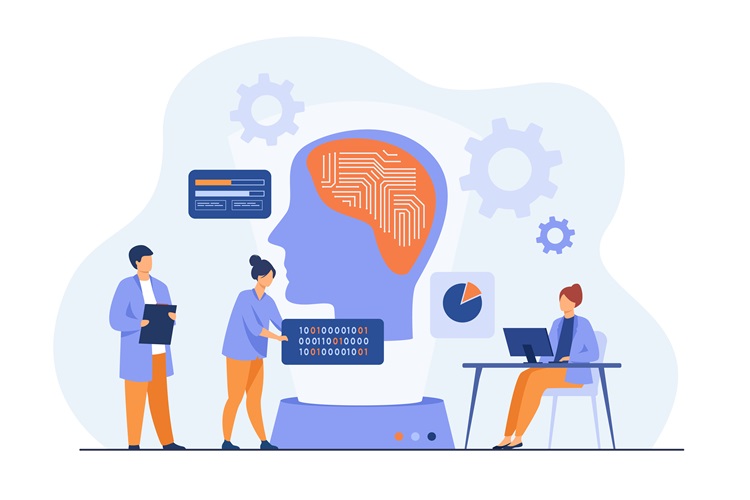As described by Howard Gardner, an American developmental psychologist, the Intelligence comes in multifold −
| Intelligence | Description | Example |
| Linguistic intelligence | The ability to speak, recognize, and use mechanisms of phonology (speech sounds), syntax (grammar), and semantics (meaning). | Narrators, Orators |
| Musical intelligence | The ability to create, communicate with, and understand meanings made of sound, understanding of pitch, rhythm. | Musicians, Singers, Composers |
| Logical-mathematical intelligence | The ability of use and understand relationships in the absence of action or objects. Understanding complex and abstract ideas. | Mathematicians, Scientists |
| Spatial intelligence | The ability to perceive visual or spatial information, change it, and re-create visual images without reference to the objects, construct 3D images, and to move and rotate them. | Map readers, Astronauts, Physicists |
| Bodily-Kinesthetic intelligence | The ability to use complete or part of the body to solve problems or fashion products, control over fine and coarse motor skills, and manipulate the objects. | Players, Dancers |
| Intra-personal intelligence | The ability to distinguish among one’s own feelings, intentions, and motivations. | Gautam Buddhha |
| Interpersonal intelligence | The ability to recognize and make distinctions among other people’s feelings, beliefs, and intentions. | Mass Communicators, Interviewers |
You can say a machine or a system is artificially intelligent when it is equipped with at least one and at most all intelligences in it.

